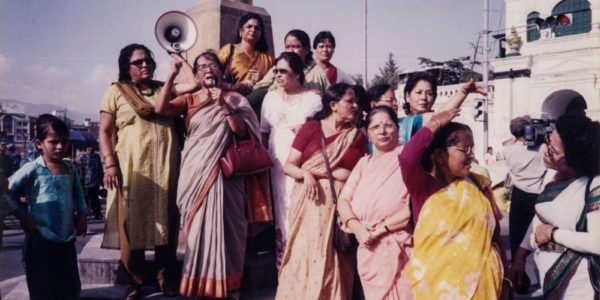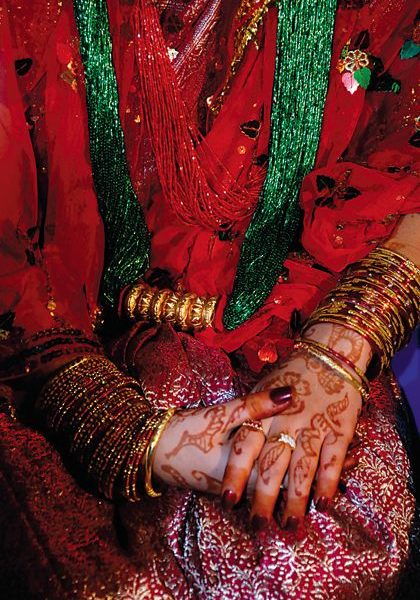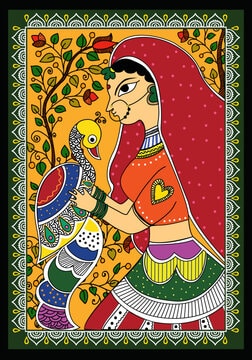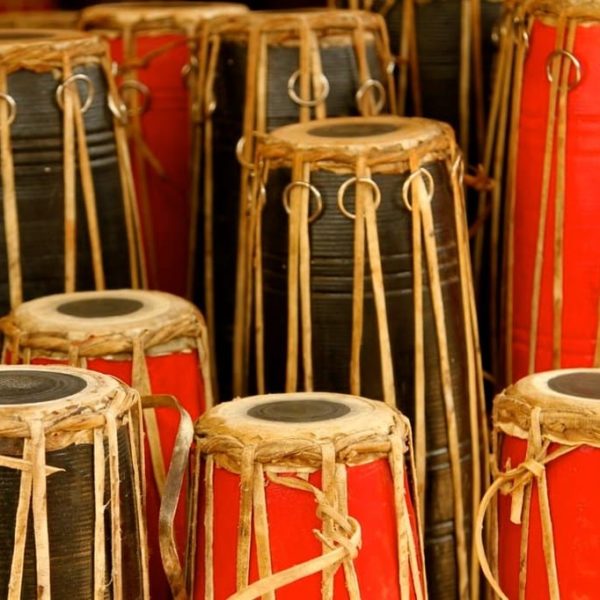Introduction
Nepal has a rich history, like a beautiful woven cloth showing the strength, bravery, and wisdom of its people. Among the many stories of bravery, we discover the amazing things women have done. Even though there were rules and difficulties for them, women played very important roles in making Nepal what it is today. Let’s look at the stories of some special women who may not be famous but have made a big impact on Nepal’s culture, society, and politics.
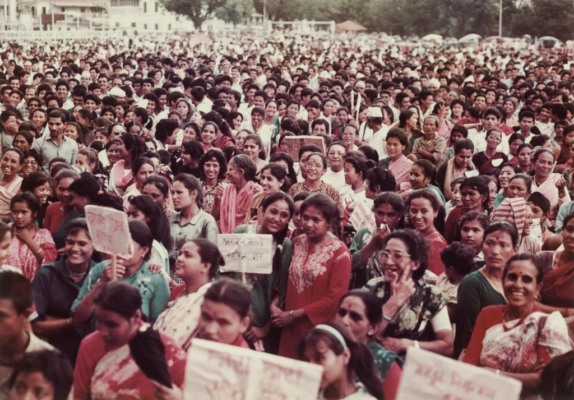
Queen Aishwarya, the Trailblazer:
Queen Aishwarya, the consort of King Prithvi Narayan Shah, is celebrated as a visionary leader in Nepal’s history. In the mid-18th century, she actively participated in diplomatic affairs and played a crucial role in the formation of the unified Kingdom of Nepal. Queen Aishwarya’s strategic acumen and statesmanship exemplify the significant influence women held, even in times when their roles were often confined to the private sphere. She was energetic, outspoken, and a smart woman having beauty with brains. She arranged different social and cultural programs.

Nepali Women in Social Reforms:
Mangala Devi Singh was a pioneer feminist and prominent democratic rights activist in Nepal. Throughout the 20th century, Nepali women actively participated in social and political movements. Mangala Devi Singh founded the Women’s Awakening Center and worked towards women’s rights and social justice. Her tireless efforts in advocating for gender equality laid the groundwork for subsequent generations of women activists. Singh got involved in politics in 1940 at the age of 16. In 1948 Mangala Devi Singh led a delegation to Prime Minister Padma Shumsher to demand education, employment, and voting rights for women.

Educational Visionaries:
Pioneering women in education, such as Dharmashila Chapagain and Champa Devi Khadka, significantly contributed to expanding educational opportunities for Nepali women. Their dedication to breaking gender barriers in education has left a lasting impact on the empowerment of women in the country.
The Devotees of Change:
In recent years, women like Anuradha Koirala have emerged as modern-day heroines. She runs a non-profit organization, Maiti Nepal (founded in April 1993). It works on helping survivors of sex trafficking, rescuing and reuniting them with their families. Her tireless efforts to rescue and rehabilitate victims of trafficking underscore the strength and compassion of Nepali women in the face of contemporary challenges. Additionally, Maiti Nepal also operates a rehabilitation home and an academy in Kathmandu, preventive homes in other cities as well as transit homes at the Indo-Nepal border towns operating with the help of police and law enforcement authorities. Koirala also served as the governor of the Bagmati province and currently holds a place in the Nepali Congress party (since November 2017).

Conclusion
The historical contributions of women in Nepal form a captivating narrative that spans centuries, demonstrating the enduring strength, resilience, and leadership of Nepali women. As we celebrate these stories, it is essential to recognize that the foundation laid by these trailblazers continues to inspire and shape the aspirations of women in Nepal today. By acknowledging and honoring the historical contributions of women, we not only pay tribute to their legacy but also pave the way for a more inclusive and empowered future for all.
